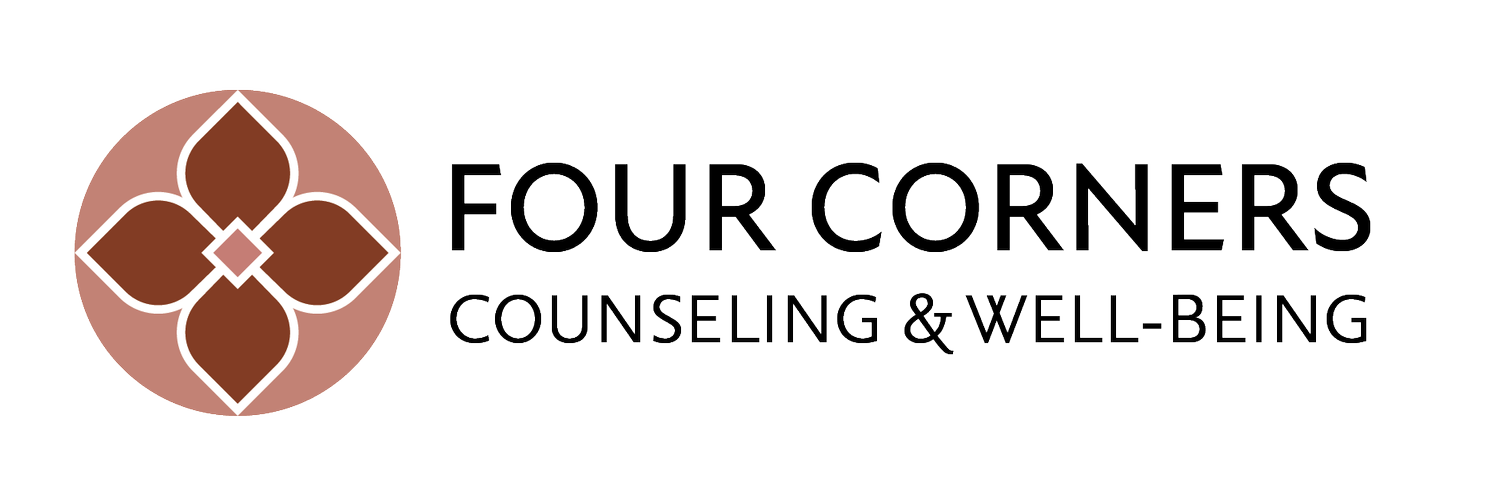Come as you are
One of my favorite poems, “Start Close In” by David Whyte, begins like this:
Start close in,
don’t take the second step
or the third,
start with the first
thing,
close in…
I consider this poem good advice for this global time of literal and metaphorical feverishness, and for those seasons in life when we feel everything deep in the bones. It is a poem for those days of hydroplaning from one urgency to the next, with no time to process the tremendous amount our circumstances are asking us to absorb and respond to.
Creating an Invitation
How do we access spaciousness within ourselves when life feels like it’s in a tailspin? It helps to start close in, by being with ourselves exactly how we are showing up in that moment. In doing so, we can identify and address what is most acutely asking for our attention.
Over the past year, my work with clients has centered on emphasizing the healing of simple interventions in a chaotic world: A hand on the heart, a simple count of breath, noticing and naming the parts of them that are arriving at this moment, and letting the breath draw them lovingly inside this landscape of being. By naming and recognizing what parts of us are present, we get clear on our immediate needs and experiences. The longer you can hold that note of observing what is surfacing within you without blending with it, without letting it take over, the more access you have to curiosity and compassion. With the space that curiosity allows us, we can see that all of our emotions carry messages about our innermost needs for safety, love and validation.
When the outer world heaves with intensity, sometimes the most effective response is to begin with the first sensations you can identify. Start close in: take a regulating sigh and ask yourself, “What is my body experiencing in this moment in time?” Name and notice your physical sensations: What does this part of you feel like in your body? Does it have a speed or shape, a texture or color? Do you have a sense of it in your mind? If you could invite it to sit across from you at a table, what might it want you to know?
As we continue to be challenged in this time, pressed against the quills of what we cannot change, these internal conversations take on more significance. Every day, I watch people become more observant of their inner states, identifying and mapping their experiences, and using that topography to craft pathways into meeting their own needs. This is the metamorphosis of sitting with yourself just as you are, and learning the inner language that is only yours.
Holding Space for Exhaustion
For many people, this past year has rattled their inner sense of safety and left them vulnerable to a sense of hypervigilance, a sense of constant armoring ahead of the next struggle. Often I hear people say, “How am I still so tired?” and “I have parts of me that don’t trust it when things look like they’re starting to go well.” Experiencing shaken trust in the things that are going well is a natural trauma response to a time that has relentlessly lobbed unforeseen stressors and sorrows your way. You might be tired, maybe anxious, maybe both. Maybe you are yearning for space and silence. Maybe you are desperate for human connection. Maybe some wonderful things happened this past year for you and that supports a sense of buoyancy in your heart. Maybe wonderful things have happened, and you are experiencing a form of survivor’s guilt. And maybe this past year took more from you than any other, and you are navigating that grief.
Given the current context of our time, it only makes sense to have parts of us that are exhausted, that are frustrated, and that are grieving the ambiguous loss of normalcy. Remember, too, all of the ways in which you have already shown up for yourself or your loved ones, even in these extreme times. If you can, extend some gentleness towards the parts of your that are overtired, anxious, or caught in a depressive fog.
Arriving into the Moment
Begin with simple invitations to intimacy. It helps to develop a brief, daily routine of checking in with yourself and identifying what is showing up for you in this moment. Take a minute or two and map or list these parts of you or the sensations you notice. You might ask yourself, “How am I arriving into this moment?” or “What does my system need today?” There are so many complexities that we are being asked to hold in this time, so many ways we are being pressed to evolve, to hold space for ourselves and for others. It’s ok if you don’t yet have the language to articulate the storms of your heart. The words will arrive when they are ready.
Come as you are. Just be here now with yourself, welcoming your parts exactly as they arrive to this moment in time.
Start close in,
don’t take the second step
or the third,
start with the first
thing,
close in…
Whyte, D. (2018) River Flow: New & Selected Poems. Langley, WA: Many Rivers Press
